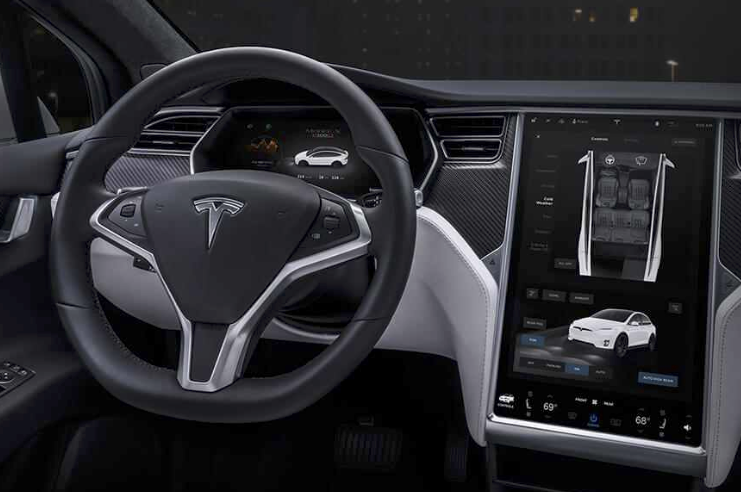U.S. Tech Companies Brace for China Trade Sanctions
American tech companies are struggling to prepare for investment limits President Trump is proposing against China, one of the largest markets for sales of computer chips, robotics and other technology. The rules would keep firms with at least a 25% Chinese ownership from investing in companies with technology deemed “industrially significant,” according to a story on Vox.com.
Technology used for manufacturing robotics, aerospace and aviation equipment, electric cars and medical equipment are among the exports Trump wants blocked from sale.
Trump told the media a proposed reconciled bill in Congress would “enhance our ability to protect the United States from new and evolving threats posed by foreign investments.”
Already, Trump is targeting $50 billion in Chinese products with 25% tariffs, as of July 6. Semiconductors and related imports brought into the U.S. amounted to $2.5 billion in 2017, according to the Semiconductor Industry Association, a U.S. trade group in a story in The Wall Street Journal (WSJ).
Tesla would also be a victim of the trade restrictions, according to a story on NBC News. Elon Musk hinted that the company was near a deal to build a plant in China to avoid its 25% tariffs on automotive imports, but the current U.S. trade limitations could ruin its plans. The company relies heavily on advanced technology in its cars.
Dean Garfield, chief executive of the Information Technology Industry Council, a trade association of high-tech companies, told The Wall Street Journal (WSJ), “The goal posts here continue to move, causing grief and headaches.”
The trade war could hurt related companies, Nicholas Lardy, a senior fellow at the Peterson Institute for International Economics, a nonpartisan think tank based in Washington, D.C., told WSJ. Past efforts by China to become a global leader in car manufacturing or semiconductor chips have failed because of its tariffs—now American companies could suffer the same fate, Lardy said.








Leave A Comment